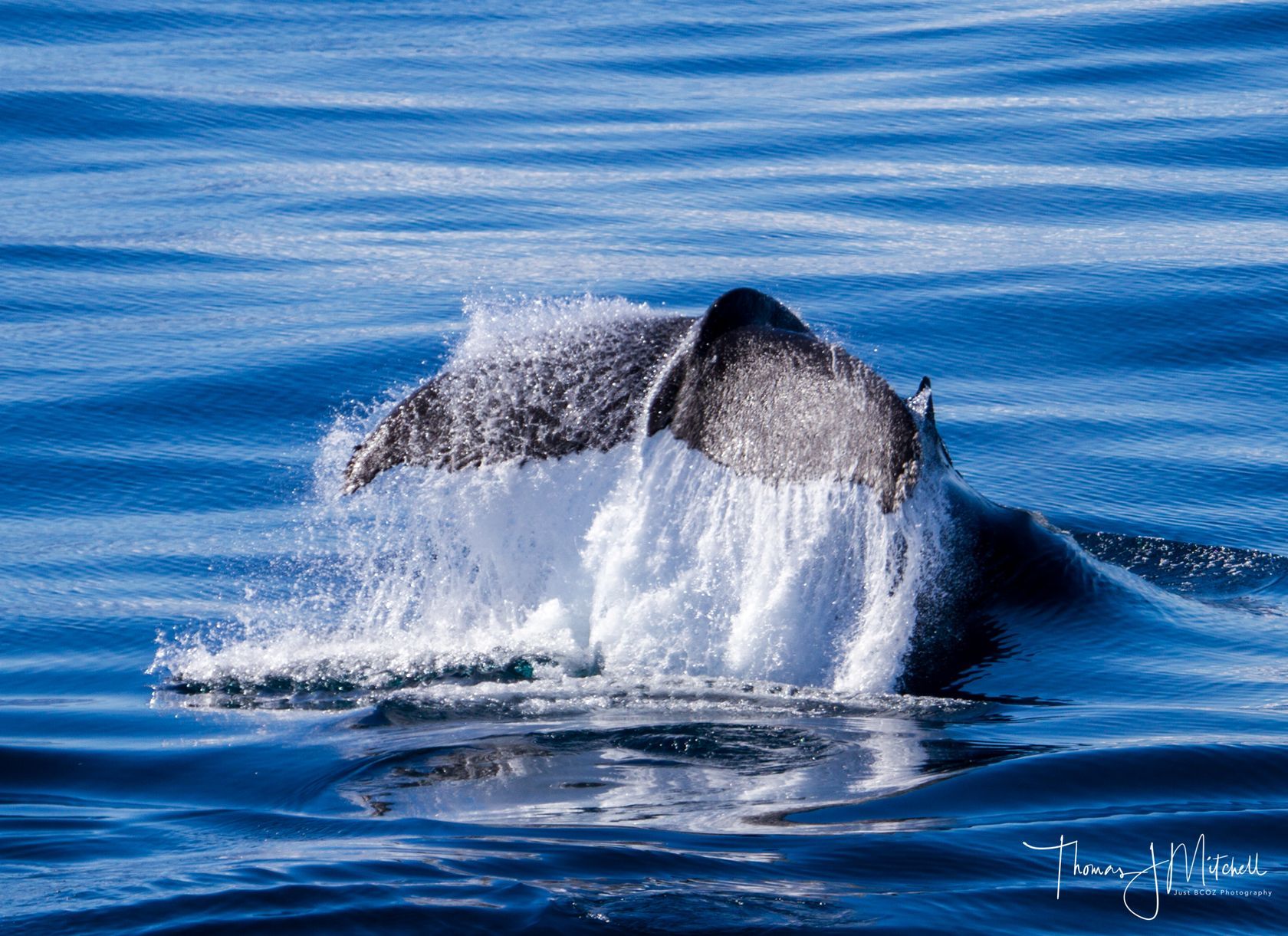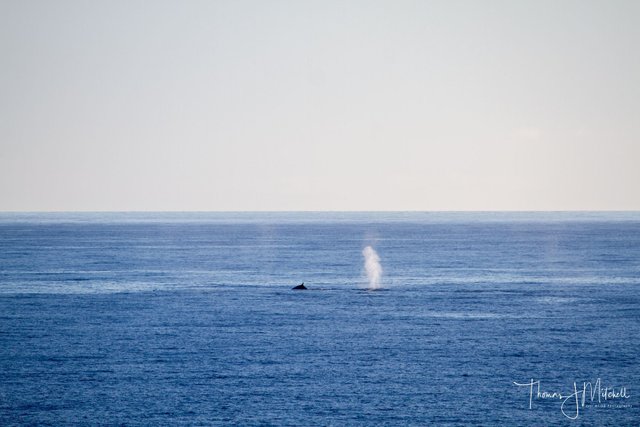Finding whales in the ocean - easy, right...?!?!
Seems easy, right? I mean whales are huge!! How could you not find them…?? Well, let me give you a small little explanation of what we are looking for in order to interact with them and it isn’t as easy as you may think.
Prior to even getting on the water to begin the search we are learning. What do we need to learn? Everything! We are learning about current and predicted weather conditions, tides, currents and seeing if there have been any previous sightings reported. Then we make a plan of where we might go in order to locate some of these majestic giants.

The first thing a whale does as it breaks the surface is exhales, which explodes upwards, as if someone has just fired a canon straight into the sky. What is that mist? Well, its mainly warm air from their lungs hitting the cold, that and some bacteria, surfactant (lubricant lipid mucus that helps to re-inflate and deflate their lungs as they dive) & a few other little goodies are in there too. They do inhale before disappearing below the surface. From the moment they are visible to disappearing again is roughly about 5 - 7 seconds. Usually, an animal will take a series of breaths every 20-30 seconds for about 5 - 10 times. Then they will descend for a longer deeper dive for several minutes and this does vary from species to species.
Even though that blow is quite huge - you typically need to be about 1 - 1.5 miles away in order to see it. So not only do you have to be quite close to this large mammal but you also have seconds to look at the right spot and that right time in order to potentially find it. Or the animal itself breaches and jumps out of the water to announce its location - super rare, it has happened to me on occasion but don’t hold your breath on the animal helping you out every time.

I have seen many captains drive within 2 miles of animals and not located them. I have seen captains drive straight past whales, as they were currently on a long dive (about 10 mins) and the captain kept driving not knowing an animal was below.
Also, the weather is a major factor when it comes to level of difficulty to locating whales too. If it is quite windy and lots of white caps have formed on the surface then spotting a blow becomes very difficult. The blow isn’t easy to see, as it gets blown away and the animal itself becomes essentially invisible in the backdrop of a rough sea.